Qualcomm wins ban on Apple iPhone in Germany
By MYBRANDBOOK
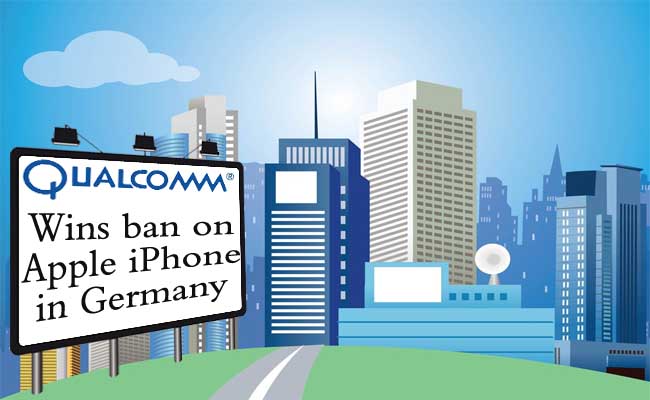
The Giant Chip supplier Qualcomm Inc won an decree on its worldwide patent battle with Apple Inc on Thursday, with the iPhone maker saying it would pull some older models from its German stores.
Qualcomm’s win in Germany comes weeks after it secured a court order to ban sales of some iPhone models in China. Apple, which is contesting both rulings, has continued to offer its iPhones in China but made changes to its iOS operating system in the wake of the Chinese order.
The German victory may affect only a few million iPhones out of the hundreds of millions that Apple sells each year. Still, it is a small but clear win in a complex legal battle that will spin into overdrive in the coming months as antitrust regulators and Apple both take Qualcomm to court in the United States.
Most iPhones will stay on store shelves through Christmas, however. In order to block sales of any Apple products, Qualcomm would have to post a 668.4 million-euro ($765 million) bond to cover any losses if the ruling is reversed on appeal.
The Munich Regional Court ruled Thursday that Apple is infringing intellectual property related to a hardware energy-saving feature on the phones. The ban covers “at least” the variations of the iPhone 7, 8, and X, Presiding Judge Matthias Zigann said when delivering the judgment.
The ruling is the latest decision in a long-running global patent battle between the companies. San Diego, California-based Qualcomm said last week that the Fuzhou Intermediate People’s Court in China issued a similar order that applied to older iPhone 6s as well.
“Two respected courts in two different jurisdictions just in the past two weeks have now confirmed the value of Qualcomm’s patents and declared Apple an infringer, ordering a ban on iPhones in the important markets of Germany and China,” Don Rosenberg, an executive vice president and general counsel for Qualcomm, said in an emailed statement.
Apple said it would pull some phones from its stores while it pursued an appeal.
“We are of course disappointed by this verdict and we plan to appeal,” Apple said in a statement. “All iPhone models remain available to customers through carriers and resellers in 4,300 locations across Germany. During the appeal process, iPhone 7 and iPhone 8 models will not be available at Apple’s 15 retail stores in Germany. iPhone XS, iPhone XS Max and iPhone XR will remain available in all our stores.”
Qualcomm’s “tactics, in the courts and in their everyday business, are harming innovation and harming consumers,” Apple said. “Qualcomm insists on charging exorbitant fees based on work they didn’t do and they are being investigated by governments all around the world for their behavior.” Rival chipmaker Intel Corp. called the case “another attempt to stifle competition.”
Qualcomm shares rose as much as 2.2 percent in US trading after the ruling. They were up 0.8 percent at 11:20 a.m. New York time.
Shares of Apple were down 2.3 percent at $157.12 in late trading, weighing on the broader market.
The German case is Qualcomm’s third major effort to secure a ban on Apple’s lucrative iPhones over patent infringement allegations after similar efforts in the U.S. and China.
In the United States, Qualcomm sought to ban the import of iPhones with chips from Intel Corp. Trade regulators found Apple had infringed one Qualcomm patent, but so far declined to ban the phones with Intel chips because regulators feared it would hurt competition in the chip marketplace.
“Competition authorities around the world have repeatedly found Qualcomm’s licensing practices unlawful, yet Qualcomm continues to try to achieve the same results through a campaign of patent lawsuits,” Steven Rodgers, Intel’s general counsel, said in a statement after the ruling in Germany.
In Germany, the judge ruled that phones with a chip from Apple supplier Qorvo violate one of Qualcomm’s patents around so-called envelope tracking, a feature that helps mobile phones save battery power while sending and receiving wireless signals.
Mike Baker, Qorvo’s chief intellectual property counsel, said in a statement that U.S. trade regulators had ruled that Qorvo’s chips did not violate the U.S. version of Qualcomm’s patent and that the chip’s inventor wasn’t allowed to testify at the German hearing.
“We believe our envelope tracking chip does not infringe the patent in suit, and the court would have come to a different conclusion if it had considered all the evidence,” Baker said.
In China, Apple is still pursuing a so-called request for reconsideration with the court that issued the bans.


Nazara and ONDC set to transform in-game monetization with ‘
Nazara Technologies has teamed up with the Open Network for Digital Comme...

Jio Platforms and NICSI to offer cloud services to government
In a collaborative initiative, the National Informatics Centre Services In...

BSNL awards ₹5,000 Cr Project to RVNL-Led Consortium
A syndicate led by Rail Vikas Nigam Limited (abbreviated as RVNL), along wi...
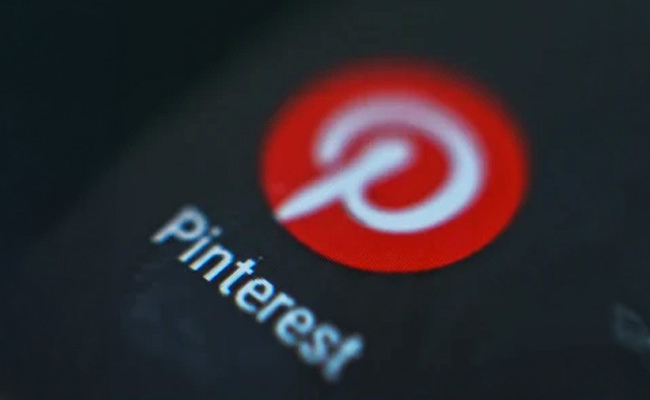
Pinterest tracks users without consent, alleges complaint
A recent complaint alleges that Pinterest, the popular image-sharing platf...

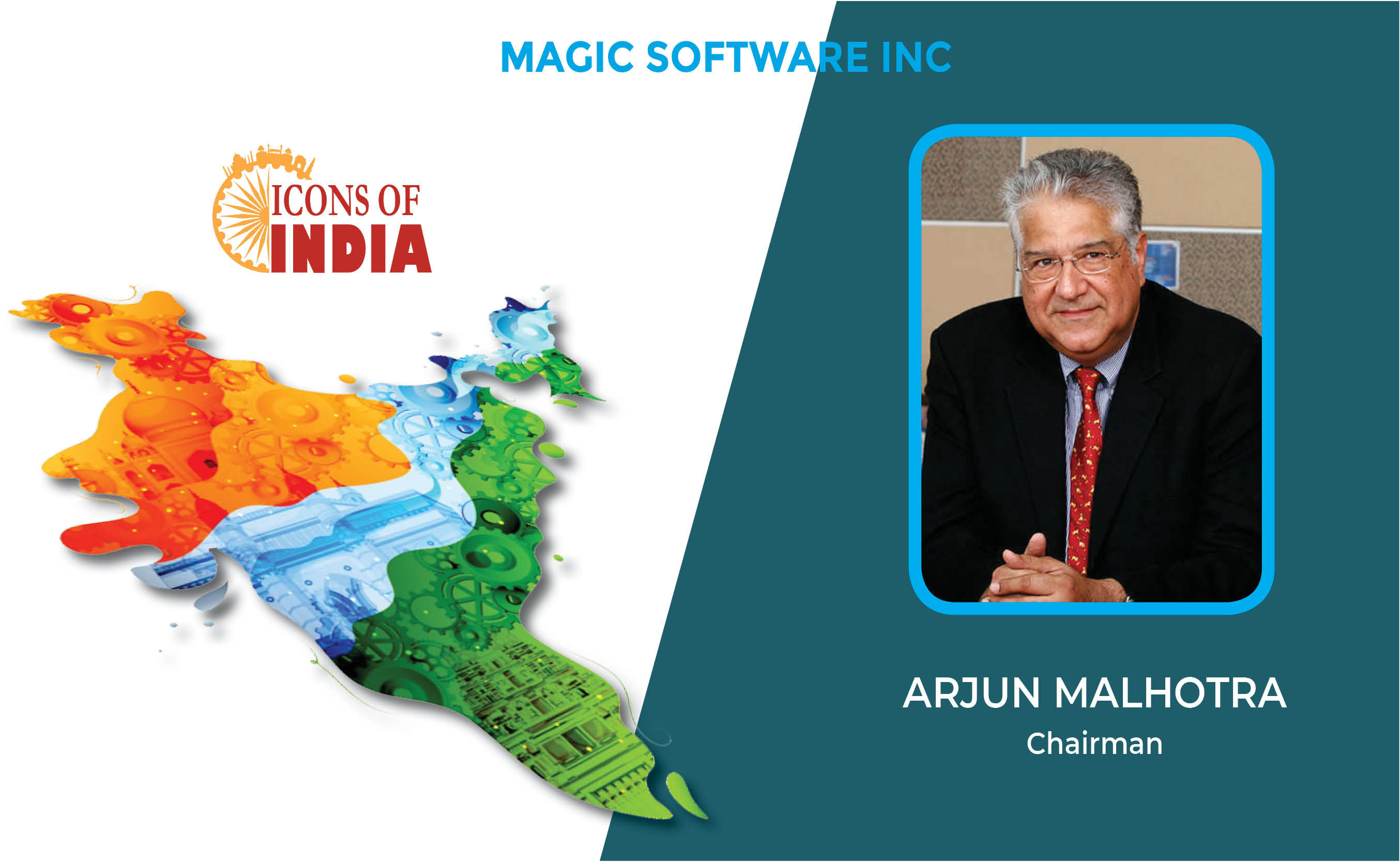
Icons Of India : Arjun Malhotra
Arjun Malhotra, the Chairman of Magic Software Inc., is widely recogni...
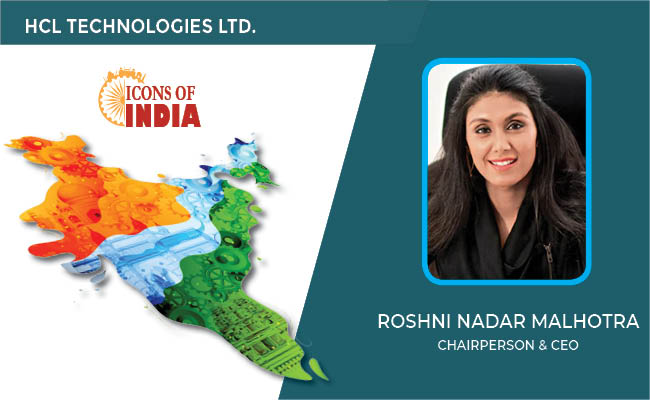
ICONS OF INDIA : ROSHNI NADAR MALHOTRA
Roshni Nadar Malhotra is the Chairperson of HCLTech, a leading global ...
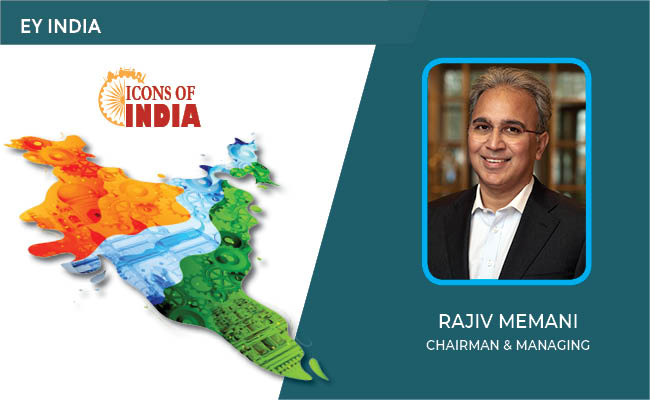
ICONS OF INDIA : RAJIV MEMANI
As Chair of the EY Global Emerging Markets Committee, Rajiv connects e...

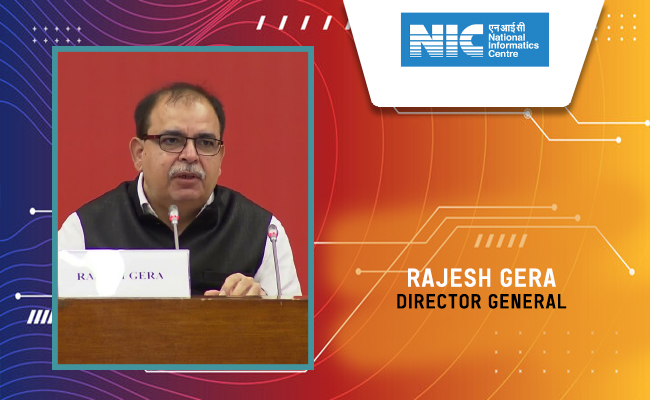
NIC - National Informatics Centre
NIC serves as the primary IT solutions provider for the government of ...
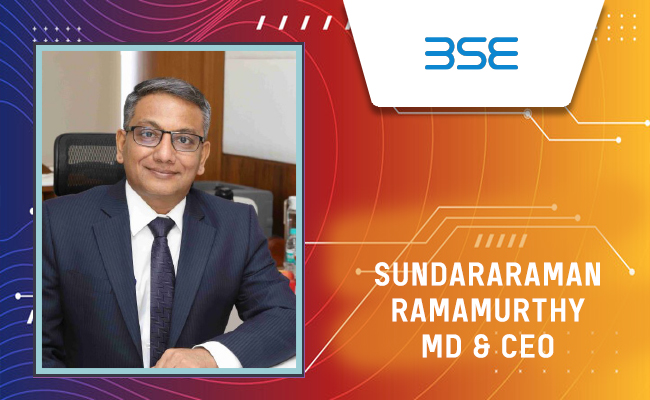
BSE - Bombay Stock Exchange
The Bombay Stock Exchange (BSE) is one of India’s largest and oldest...
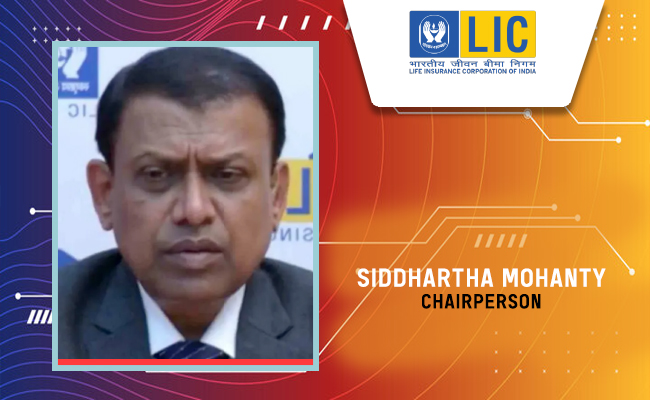
LIC - Life Insurance Corporation of India
LIC is the largest state-owned life insurance company in India...


Indian Tech Talent Excelling The Tech World - Thomas Kurian, CEO- Google Cloud
Thomas Kurian, the CEO of Google Cloud, has been instrumental in expan...

Indian Tech Talent Excelling The Tech World - JAY CHAUDHRY, CEO – Zscaler
Jay Chaudhry, an Indian-American technology entrepreneur, is the CEO a...

Indian Tech Talent Excelling The Tech World - ANJALI SUD, CEO – Tubi
Anjali Sud, the former CEO of Vimeo, now leads Tubi, Fox Corporation�...